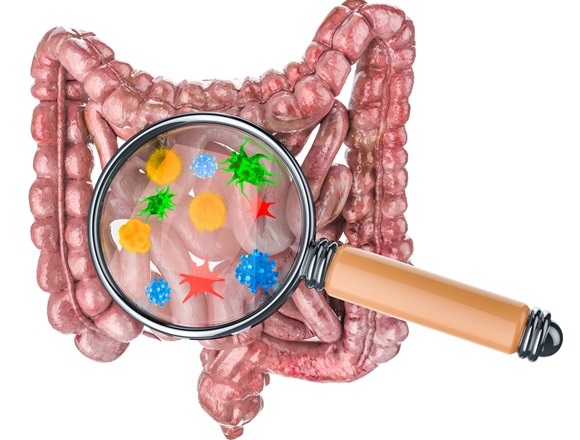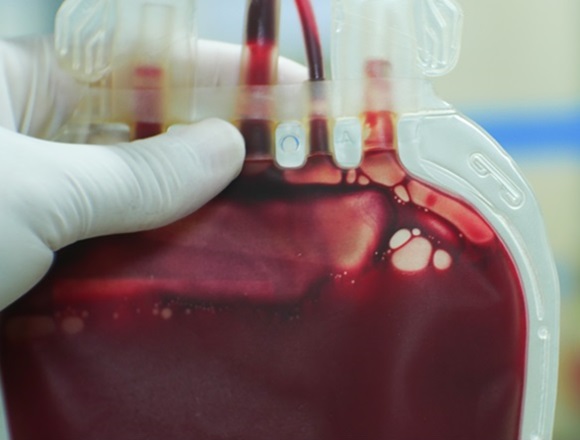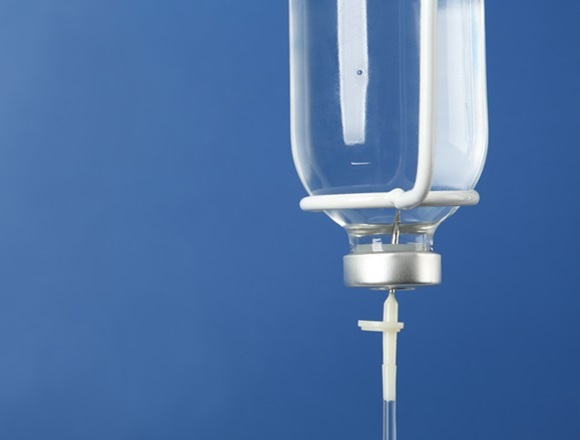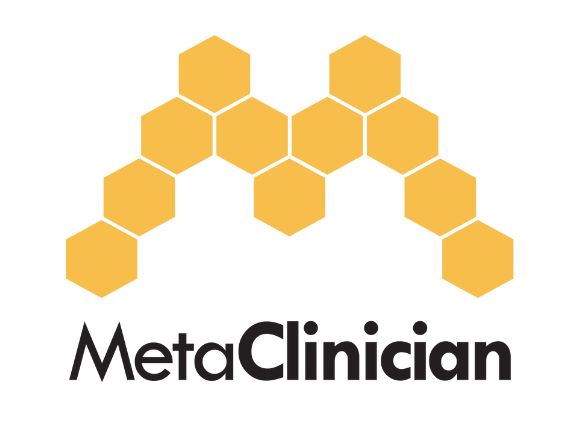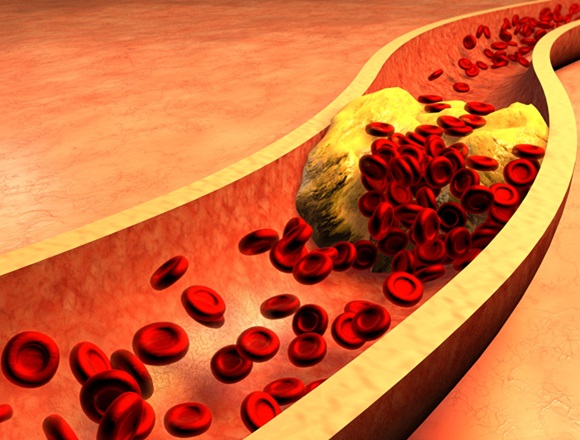References
Roubille F, Bouabdallaoui N, Kouz S, et al. Low-Dose Colchicine in Patients With Type 2 Diabetes and Recent Myocardial Infarction in the Colchicine Cardiovascular Outcomes Trial (COLCOT). Diabetes Care. 2024 Mar 1;47(3):467-470. doi: 10.2337/dc23-1825. PMID: 38181203.Background: In 2020 we provided the results of COLCOT (Colchicine Cardiovascular Outcomes Trial), which examined the effects of low-dose colchicine in patients with recent myocardial infarction (MI). The overall findings were considered promising, and the current paper published in 2024 provides the results of COLCOT for a subgroup of patients with type 2 diabetes mellitus (DM).
Methods: The complete COLCOT randomized 4745 patients (with just >80% being men) within 30 days of an MI (median, 13.5 days) to receive colchicine 0.5 mg daily or placebo. Key exclusion criteria included class III or IV heart failure, left ventricular ejection fraction <35%, type 2 MI (related to oxygen demand), prior stroke (within 3 months), and planned or prior coronary artery bypass surgery (within the previous 3 years). Almost all patients received optimal medical treatment, with 98% receiving dual antiplatelet therapy (acetylsalicylic acid [ASA] and a P2Y12 inhibitor), 99% receiving a statin, and 89% receiving a beta-blocker. In addition, 93% of patients had a percutaneous coronary intervention related to their index MI. The primary clinical outcome was a composite of cardiovascular death, resuscitated cardiac arrest, acute MI, stroke, and urgent hospitalization for angina requiring revascularization. This report describes the results in the cohort of 959 patients with DM participating in this trial.
Results: For the complete study, after a median duration of the follow-up of 22.6 months, there was a reduction in the primary outcome in patients allocated to receive colchicine as compared with placebo: 5.5% versus 7.1% (hazard ratio [HR], 0.77; 95% CI, 0.61-0.96). Among patients with DM (462 in the colchicine group and 497 in the placebo group), the frequency of the primary endpoint was 8.7% versus 13.1% (HR, 0.65; 95% CI, 0.44-0.96). All individual outcomes occurred with lower frequency in the colchicine group, yet the difference did not attain statistical significance, possibly due to the overall low number of events (25 vs 36 MIs or 8 vs 14 cardiovascular deaths) for any single event except for stroke (2 vs 10 events).
Conclusions: The authors, who also authored the complete trial, concluded that colchicine is associated with a considerable therapeutic benefit in the high-risk secondary prevention group of patients (and, by implication, should be used in this population). They also call for further studies of colchicine as primary prevention among patients with DM without previous MI.
McMaster editors’ commentary: Despite promising reports, we do not see significant adoption of colchicine therapy among patients with a recent MI, at least in our local practice. It may be speculated that such reluctance to add colchicine to the large number of drugs already prescribed to patients after a MI (including ASA, a P2Y12 inhibitor, statin, angiotensin receptor blocker [ARB]/angiotensin-converting enzyme inhibitor [ACEI], sodium-glucose contransporter-2 [SGLT-2] inhibitor) would require more compelling evidence and precision around the effect size. Further updates will likely follow soon.
 English
English
 Español
Español
 українська
українська

